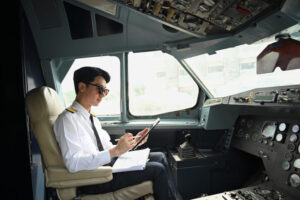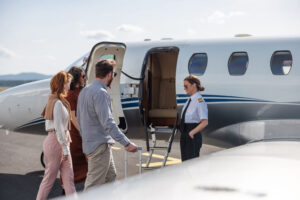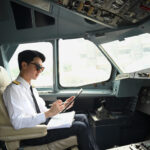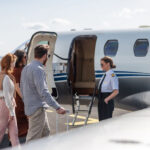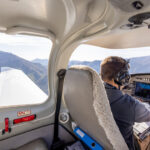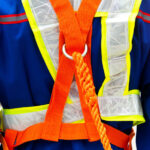FAA regulations don’t cover a poor night’s sleep
I remember flying with a pilot who said he gets tired just looking at an airplane. I think most of us can relate. Fatigue is a big deal for pilots and for the safety of the flights we operate. FAA Regulations require that professional pilots get adequate rest before we fly, but even recreational pilots are bound by common sense.
I used to fly EMS, which meant flying during all hours of the day and night, with a strong emphasis on the back side of the clock. We were in constant conflict with the FAA regarding our rest requirements because we were technically on-call for 24 hours, but were not required to be on base during that time.
This meant that we could be at the mall or out to dinner or at an evening get-together, etc. There were no restrictions on our activity, as long as we could be in the air within an hour. So that leads to the question, what exactly is adequate rest? Do we have to be sitting quietly at home all day just in case we get a flight request at 1 a.m.? Or is a normal day with normal activities allowed in this scenario?
Basically, a company can provide adequate rest time, but it really is up to the professional pilot to monitor their activity level to ensure that they are actually “rested”. Pulsar Informatics, a company that specializes in sleep research, gave a talk on fatigue management at the Bombardier Safety Standdown in November. Pulsar Informatics has found that as many as one in five accidents has a fatigue factor.
Fatigue can happen to any one of us. From brand new student pilots to airline transport pilots, sleep deprivation adds up quickly and can result in serious degradation of skills. According to the Pulsar Informatics CEO, Daniel Mollicone, “Tests have shown that the number of lapses – times when a brain stops processing and a person is unaware that it is happening – increases as the sleep ‘debt’ increases.” I actually had to read that again…a brain stops processing and the person is unaware.
Long days due to weather or mechanical issues are also potentially dangerous. According to Pulsar, pilots need to be aware that when they have been awake for 22 hours, their mind is the equivalent of someone with a blood alcohol value of 0.8. This is when we start making stupid choices and bad decisions.
By carefully monitoring risk areas, pilots – and the organizations that they fly for – can mitigate the hazards of flying while fatigued. But it’s up to us to make the call when we know that we are not fit to fly.
Being cognizant of the fact that pilots are not superhumans and need as much sleep as the next guy may help raise awareness. The FAA regulations exist for the purpose of keeping us safe, so they need to be taken seriously. Know yourself and your limits and don’t exceed them when you’re tired.



